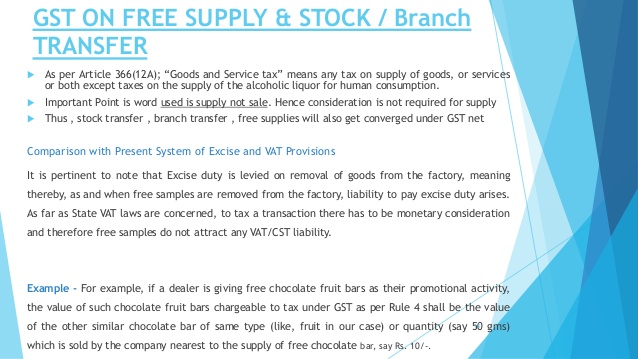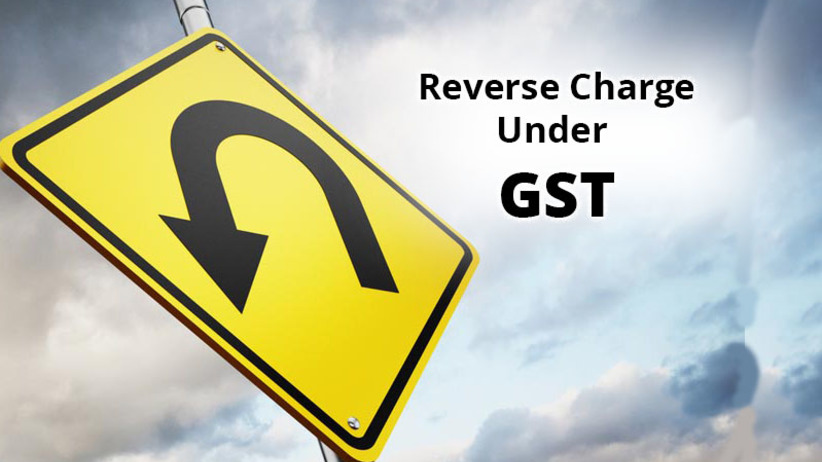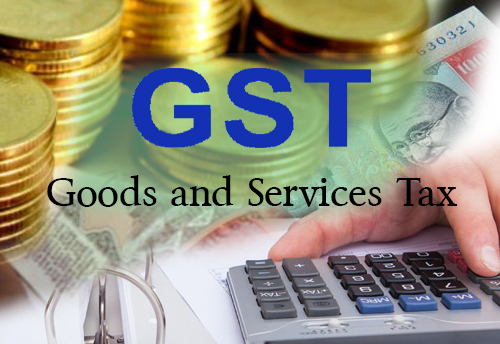Impact of GST on Whole Sale Business, Distributors and Traders

Distributors may be negatively affected by GST
Goods and service tax- a unified tax that subsumes various existing taxes and instead only once tax is levied would have different impact on various sectors
Here we would discuss the impact of GST on Wholesales and Large Traders.
While the distributor would get benefitted by subsuming of taxes, removal of entry tax/ octroi, common return formats etc, he would be negatively affected due to provisions as denial of tax credit where the collecting dealer does not deposit the taxes

GST would have following positive impact on Wholesales/ Large Traders and Distributors-
1. Subsuming of multiple taxes– GST would subsume various existing taxes and instead only single tax would be charged. Some of the taxes that would be subsumed are VAT, CST, Works contract tax, Additional custom duty, Excise duty , service tax etc.
However talking of Wholesalers and distributors, since they are generally suppliers only and not part of any project execution, ut of above they are subject to VAT,CST only. In rare cases, where is distributor is importer of certain products being traded also, he would be subject to additional custom duty too.
Post GST, distributors would have to register for GST and SGST. As such his compliance burden would be same as far as registration and return filing are concerned
However, since the credit of input tax would reconciled online every month, there would be no issues of penalties coming in due to non receipt of forms etc and timely action can be taken by trader
2. Lower cost of Manufacturing– In product categories which don’t taxed aggressively under GST, the cost of manufactured goods is expected to come down leading to higher demand and sales of such goods.
3. Lower cost of Tax compliances– GST harmonizes and automates central and state tax administration which in turn reduce duplication and compliance cost. As the errors in claim of input credits would also be visible immediately and differential tax payable next month, the overall impact of penalty, which in present cases is levied after years at time of assessment, would also come down
4. No Entry Tax or Octroi– Subsuming of of entry tax / octroi may lead to lower prices, however, much would depend on rate of GST for such products. If the rate is aggressive, then this benefit may not lead to price reduction.
5. By reducing the categories of goods, GST is expected to reduce the disputes emananting from classification of products.
6. Common formats of returns may simplify compliances- Common formats of tax returns, payments and refunds across various states will lead to better tax compliance especially now under GST trader would have to get registered under each state it is operating in.
Wholesalers and Traders would be negatively affected by GST on account of following factors-
1. Non Deposit of Tax by collecting dealer– A trader/ distributor or wholesaler would be able to get input credit only in cases; the collecting dealer has deposited the same with Government. This would be an ideal case of high handedness by Government. While Government has powers to recover money from any errant dealer, a common citizen would not have any such powers and he would be made to suffer for no fault of his and while he has paid the taxes as well
2. Overall the final tax impact is expected to go up, and this would lead to increase in prices of the goods to final consumer. This may lead to drop in demand for consumption of such goods and thus leading to lower sales and sales margins.
3. Taxation of Branch transfers- As in GST regime the point of taxation will shift from manufacture, sale or provision of services to supply of goods and services hence branch transfer would be constituted as supply and would be taxable however eligible for full credit. This would mean that branch transfers hitherto, exempt, would be taxable. Thus increasing the cost of operations. For the goods received back from branch, the credit of tax would be available; however this would lead to unnecessary blockage of funds.
Further under GST regime, the distributor would have to get registered in each state where he is selling, thus increasing cost of compliances.


 Sales Tax For E-Commerce: 3 Things Small Businesses Should Know
Sales Tax For E-Commerce: 3 Things Small Businesses Should Know  What Is The GST Liability on Free Supply of Goods and Services?
What Is The GST Liability on Free Supply of Goods and Services?  Some FAQs about GST- Understanding Scope and Provisions of GST
Some FAQs about GST- Understanding Scope and Provisions of GST  Understanding the Reverse Charge mechanism under GST and IGST?
Understanding the Reverse Charge mechanism under GST and IGST?  Pros and Cons of GST- Is Ushering in of GST worth Celebrating as media wants us to believe?
Pros and Cons of GST- Is Ushering in of GST worth Celebrating as media wants us to believe?  Arrests and Detention Provisions under GST in Detail- Are these justified
Arrests and Detention Provisions under GST in Detail- Are these justified  ITAT Amritsar: No Section 269SS Violation for One-Time Cash Payment Before Sub-Registrar
ITAT Amritsar: No Section 269SS Violation for One-Time Cash Payment Before Sub-Registrar  Tax Officials Unleash Digital Dragnet: How New Raid Powers Redefine Privacy, Property Rights in India and likely to Fuel Corruption
Tax Officials Unleash Digital Dragnet: How New Raid Powers Redefine Privacy, Property Rights in India and likely to Fuel Corruption  Income Tax Department Rewards for Reporting Tax Evasion: A Comprehensive Guide
Income Tax Department Rewards for Reporting Tax Evasion: A Comprehensive Guide  Forfeiture of Gratuity by Employer- What are the Remedies for an employee- Can employer be challenged?
Forfeiture of Gratuity by Employer- What are the Remedies for an employee- Can employer be challenged?